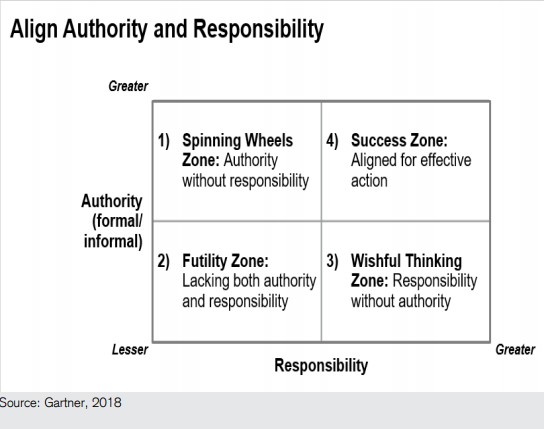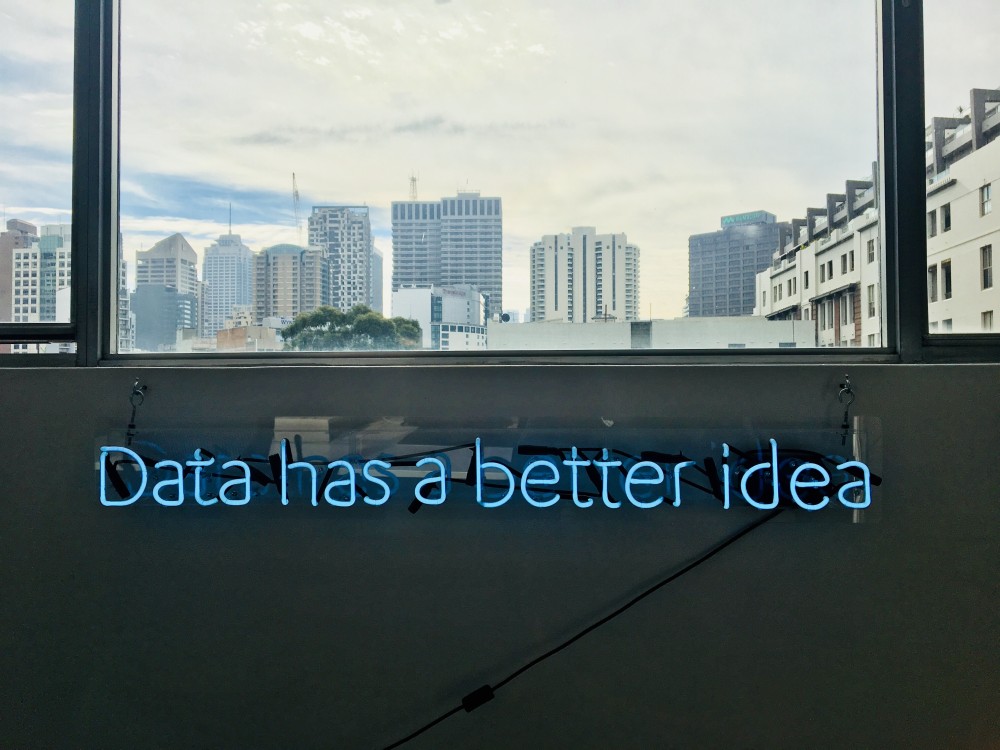It’s been several years since the term CDO first appearing on the CXO map. We’ve also previously covered presentations from other speakers that have had the position of a CDO and tried to depict what a Chief Data Officer does, their mandate in the organisation as well as challenges related to the position.
Now we are going to give the floor to another CDO’s experience with managing data as the new entrepreneurial asset and how the role has evolved to find its rightful place among the C-suites.
Norman Stürtz, a CDO at Credit Suisse AG, shed a light on how the Chief Data Officer as a relatively new role, caters for the need for management attention and care for data in the past five years.


Overview of the history, common misconceptions and place in the organisation of the CDO
Norman Stürtz, himself a CDO for 4 years, states that the role has been around for a while, but it’s not yet fully understood. Some of COD’s responsibilities Norman lists as an introduction to the role are:
- Defence and offence data management
- Managing the entire data value chain for convergence
- Equipped with the right authority and responsibility
- Ethical use of data
- Managing all aspects to bring the data asset to its full bearing.
Looking back in time, the term CDO started being popular in 2014 and it’s been on the rise ever since, states Norman. In terms of hierarchy, they often report to the CEO, CIO or COO. As it’s not yet a full board member capability role in most cases, the CDOs usually report to top-level management.


Some organisations also place them in the CIO area, but despite the common misconception, CDO is not about IT. As Norman clarifies, IT take care of the data in terms of technology, or the “containers” where to put the data, but the content in the containers – the data is business-related. Hence, Norman states that the CDO should be in a business line.
Rarely it happens that some CDOs have P&L responsibilities, but these usually started in an E-business role and transcended.
The role of the CDO is very similar to DIY muesli
The appealing thing with muesli for people that like to eat clean is that they combine very different healthy ingredients in one package.
If we imagine all the ingredients of muesli represented as data – grains, oats, wheat, nuts, raisins, dried fruit – just like pieces of data, they are stored in different places.
But we don’t go chasing after these ingredients in the fields and farms just to have a bowl of muesli. However, in data science that is usually what happens. Data scientists go about in the organisation, collect pieces of information and prepare it for usage.


The CDO mandate
However, the role of a CDO is not limited to data engineering or other defence topics. The CDO is responsible for all data systems in the organisation. In Norman’s case, that’s close to 2000 in the entire organisation including all end-user computing systems like Access, Excel and so on. Impossible job is a small word if he were to start looking into each and every one of them.
Instead of trying to map every data point, Norman suggests that the CDO focuses on critical data elements or domains, which in short are the most important processes in the company, the systems in that flow and the data in them.
As mentioned previously, CDO’s mandate encompasses both defence and offence work.
The defence area covers the areas of:
- Data quality (defining data owners and duties)
- Data management
- Data governance
- Data protection
- Data security
- Data leakage prevention
- Data architecture
But, on the other hand, the CDO looks into where the data is sourced from:
- Data engineering/curation
- Advanced data analytics
- BI
- Data monetisation.
Overall, the COD’s job is to introduce a coordinated approach to data and manage the asset data.
However, there is no single truth to what the CDO role contains, Norman emphasises. Various companies have many combinations of responsibilities of the CDO, some of which not found on Norman’s list. But if organisations want to manage data, all these aspects should be converged into the CDOs mandate.


CDO’s authority and responsibility
The CDO role needs authority and responsibility to prepare the firm for tech-driven data challenges.
Norman refers to Gartner’s chart for aligned authority and responsibility. If a company appoints a CDO, the upper right corner – Success Zone – is where they should be or work towards: have both the responsibility and authority. All the other zones are problematic because they either lack authority or responsibility, states Norman.


The need for a CDO is brought in by data
Technology will make data increasingly relevant for the operational and business model.
If machine learning and AI become a commodity – as we are on the right path for this to happen – so does data become more and more valuable. When machine learning automation and augmented analytics are integrated into applications and learning is applied to the data, data becomes more crucial as well as need to know where the data comes from, whether it’s clean, who owns it, etc.
As with other assets, data should be taken care, of, maintained, improved. Otherwise, as functionalities, processes and systems are increasing, it will quickly deteriorate, warns Norman.
Ethical use of data
Data usage and data monetisation becoming more exponential, there is evidence that data businesses are undermining civil rights and questions arise as to how far a company should go in exploiting data. And this is a pressing issue that needs to be sorted before it’s too late. It’s the task for the CDO too to align doing business with data with the company’s ethics, strategy and heritage.


The CDO role is here to stay
Norman summarises by drawing a comparison with the emergence of IT as an entrepreneurial asset in the ’70s and ‘80s, the role of the CIO was founded as the need to manage IT also arose. The CIO role is not challenged until this day.
Today, we witness a new entrepreneurial asset coming up, that of data, and a dedicated senior manager needs to be appointed and take care of this asset: the CDO. The role of the CDO is not yet fully understood and it’s still challenged. However, it’s clear that it’s needed. And similar to other C-level roles before it, Norman confidently says that it’s bound to stay.














Add comment